In the ever-evolving landscape of the retail industry, disruption is often the key to staying ahead. In Australia, a startup has managed to not only disrupt but also reshape the retail sector, employing innovative strategies that have caught the attention of industry experts and consumers alike. This article delves into the mechanisms behind this disruption, offering insights into the startup's journey and its broader implications for the Australian economy.
The Dawn of a Retail Revolution
Australia's retail industry has long been dominated by established players, but the emergence of startups focusing on niche markets and innovative solutions is challenging this status quo. According to the Australian Bureau of Statistics (ABS), the retail trade sector has experienced a steady annual growth, reaching a turnover of AUD 329 billion in 2022. This growth has opened up opportunities for new entrants who can offer unique value propositions.
Case Study: Koala – Revolutionizing Furniture Retail
Problem: Koala, an Australian startup, identified a significant gap in the furniture market: the cumbersome and time-consuming process of purchasing and assembling furniture. Consumers were frustrated with lengthy delivery times and complex assembly instructions.
Action: Koala introduced an innovative business model focused on simplicity and customer convenience. They offered a range of furniture that could be delivered quickly and assembled without tools, all while maintaining a strong focus on sustainability. Their direct-to-consumer approach eliminated the middleman, reducing costs and delivery times.
Result: Koala's approach revolutionized the furniture buying experience. Within four years, they achieved a 50% increase in market share, with their revenue surpassing AUD 100 million in 2021. Their success was fueled by a combination of strong marketing campaigns and strategic partnerships with eco-friendly suppliers.
Takeaway: Koala's success demonstrates the power of addressing consumer pain points with innovative solutions. Australian businesses can learn from their model by focusing on customer experience and sustainability to differentiate themselves in a competitive market.
Innovation Breakdown
The success of Koala is a testament to the impact that innovative business models can have in disrupting traditional industries. Several key elements contributed to their breakthrough:
- Customer-Centric Approach: By prioritizing customer needs, Koala ensured that their products and services were aligned with consumer expectations, enhancing customer loyalty.
- Agile Supply Chain: Koala's streamlined supply chain allowed them to reduce delivery times significantly, a critical factor in customer satisfaction.
- Sustainability Commitment: Aligning with global trends, Koala's focus on eco-friendly materials and processes appealed to environmentally conscious consumers, boosting their brand reputation.
Regulatory Insights and Economic Impact
The startup's journey also highlights the importance of navigating Australia's regulatory landscape effectively. The Australian Competition & Consumer Commission (ACCC) plays a crucial role in ensuring fair competition and consumer protection. Koala's compliance with these regulations not only safeguarded their operations but also reinforced consumer trust.
The Reserve Bank of Australia (RBA) notes that such startups contribute significantly to the economy by introducing competition and innovation, which can lead to improved productivity and consumer choice. This underscores the value of fostering a supportive environment for startups, which can drive economic growth and diversification.
Common Myths & Mistakes in Retail Disruption
- Myth: "Innovation always requires high-tech solutions." Reality: Koala's success shows that innovation can stem from simplifying existing processes and enhancing customer experience.
- Myth: "Established brands are untouchable." Reality: Startups like Koala prove that agility and customer focus can enable new entrants to capture significant market share from incumbents.
- Myth: "Sustainability is a niche preference." Reality: Consumer demand for sustainable products is growing, and businesses that ignore this trend risk losing relevance.
Future Trends & Predictions
The future of the retail industry in Australia is poised for exciting developments. By 2026, it is expected that over 70% of retail transactions will involve some form of e-commerce, according to Deloitte's Retail Industry Outlook. This shift will necessitate further innovations in logistics and customer engagement strategies.
Moreover, as consumer awareness around environmental issues grows, sustainability will become a non-negotiable aspect of business operations. Companies that fail to adapt may find themselves left behind in a rapidly changing market.
Final Takeaways
- Disruption can stem from simple yet impactful innovations focused on customer needs.
- Regulatory compliance and sustainability are crucial for long-term success.
- The retail sector will continue to evolve, driven by digital transformation and consumer preferences.
In conclusion, the story of Koala's success offers valuable lessons for businesses across Australia. By embracing innovation and prioritizing customer experience, companies can not only survive but thrive in the competitive retail landscape. What strategies will your business adopt to stay ahead?
Related Search Queries
- Australian retail industry trends 2025
- How startups are disrupting retail in Australia
- Sustainable business practices in retail
- Future of e-commerce in Australia
- Innovative retail business models







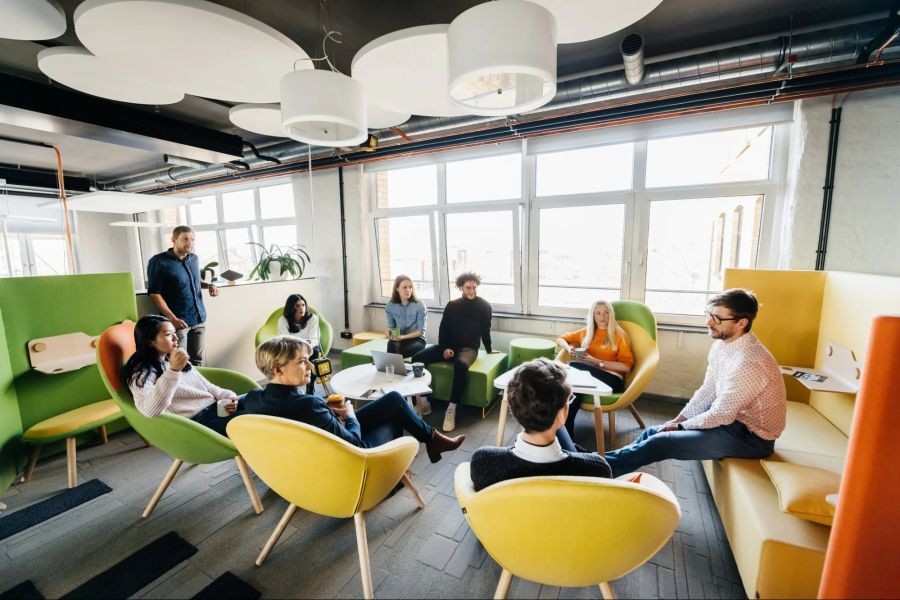


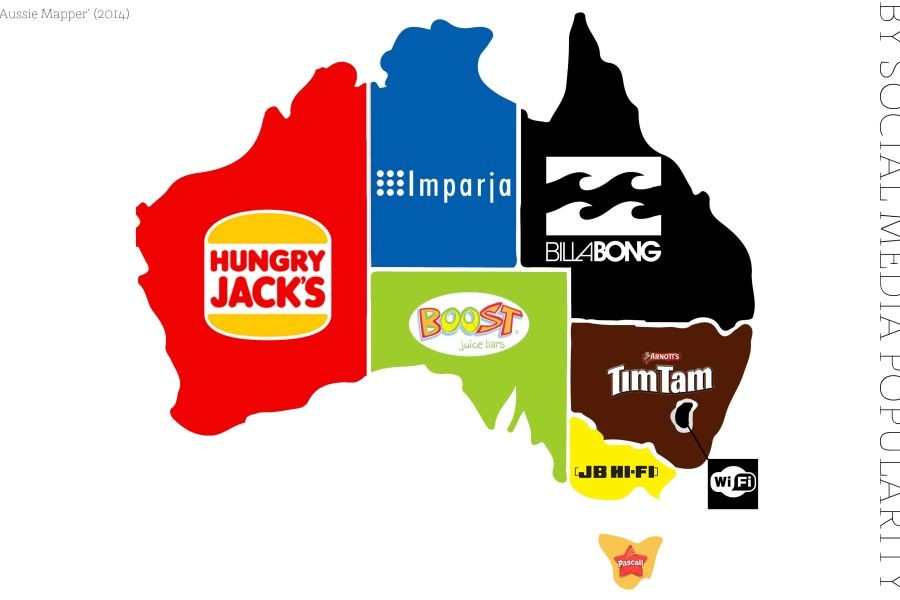









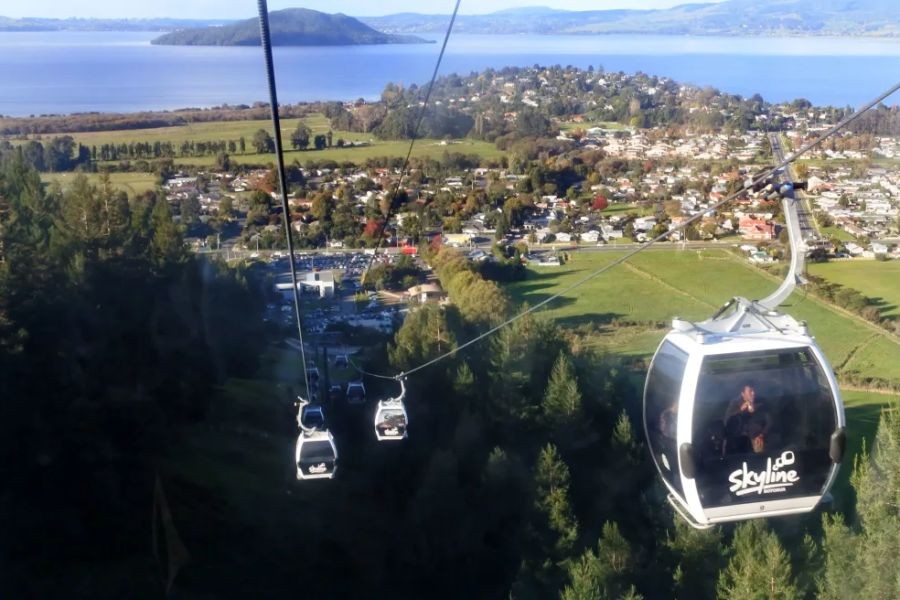
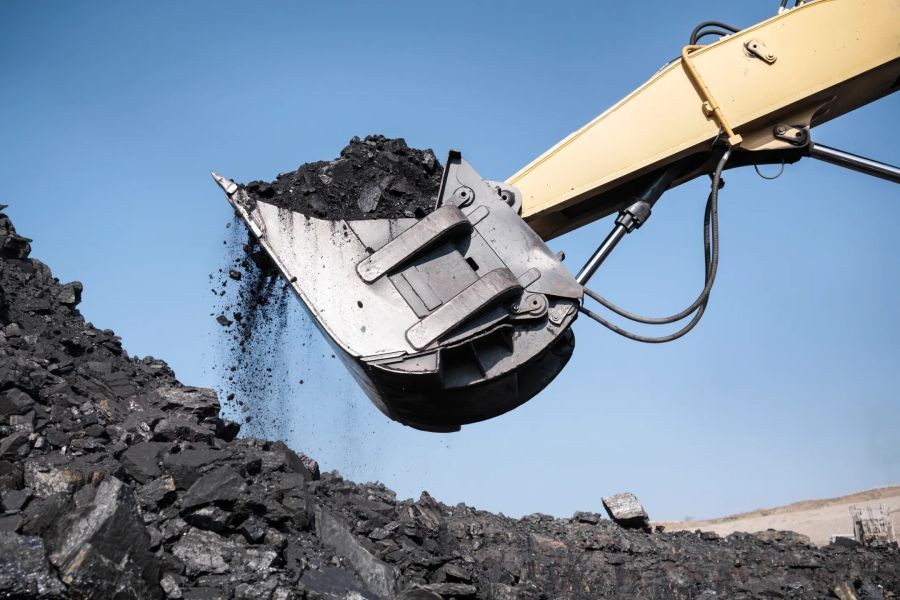


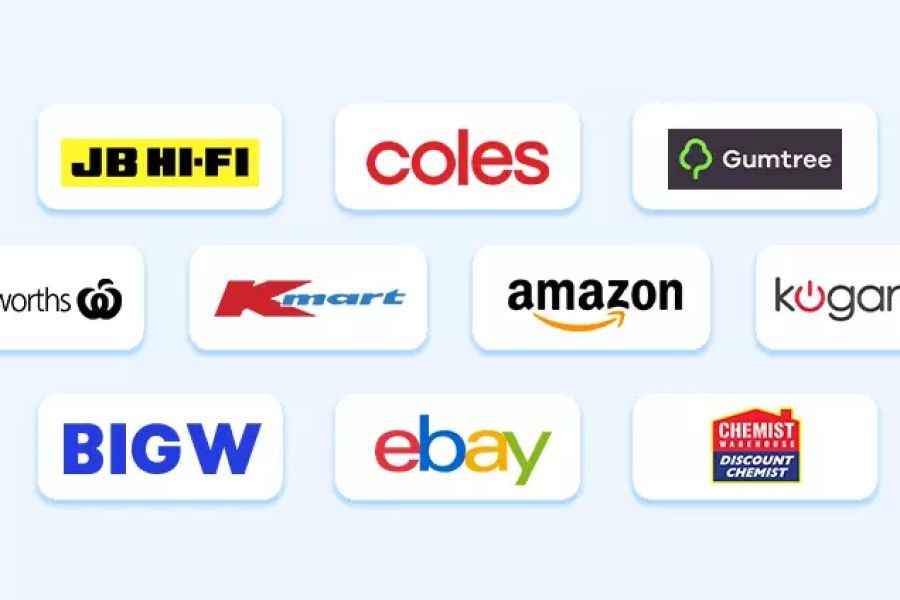





6419982018
29 days ago